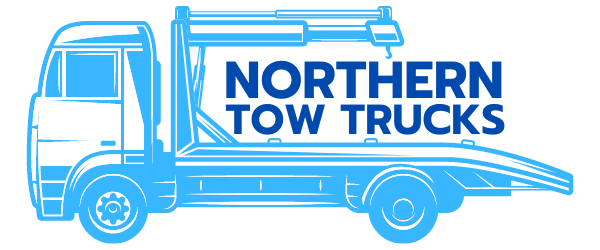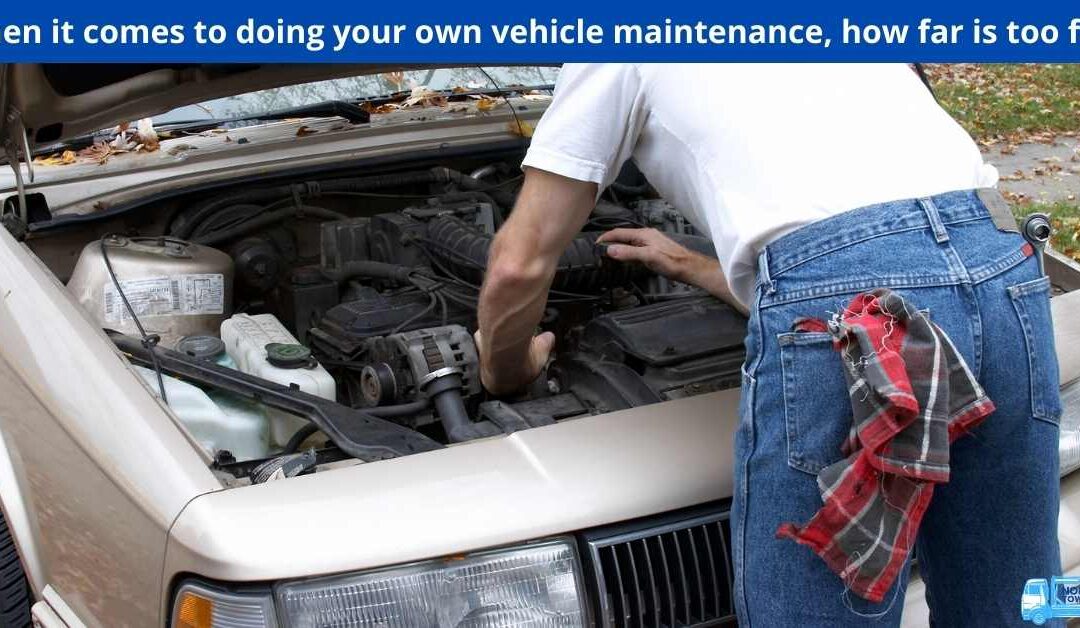Even though we have advanced our daily rides, there’s always a measurable segment of drivers that will want to do a little driveway tinkering. And what’s wrong with that?
Some do certain maintenance and repairs themselves to save money, while others because they enjoy it, and some just because it seems more convenient rather than taking service appointments and standing in line.
The internet is full of debates regarding what type of repairs DIY-ers should and shouldn’t tackle, and whether or not backyard technicians are risking the safety of others with homemade repairs. Of course, the entire debate hinges on the skills and knowledge of those holding the wrenches; for every amateur more skilled than the best trained and licensed technician working in a shop, there’s another amateur who shouldn’t be allowed to add air to their tires.
If you’ve ever considered doing some of these repairs to your own vehicle, here are a couple general guidelines to keep in mind.
Regulations: Almost every municipality from coast to coast covers home automotive repairs in their bylaws. And of course, as you might suspect, they prohibit them in most forms. These regulations are usually complaint-driven, so unless you tick off a neighbour with excessive noise, fumes, or toxic fluid leaks, you’ll likely not run into any problems.
But if your friendly bylaw officer does regular tours and sees you hauling an engine out of your car in your driveway, you can expect a visit – and possibly a fine. These rules are in place for good reasons; they’re in the books to help keep residents safe, reduce the risks of environmental pollution, and to keep neighbors on good terms with each other. Changing engine oil or seasonal tire swapping aren’t likely to get you on the enforcement radar, but pull out a paint-gun or start hammering off some suspension components, then you’re on your own.
Safety: If this isn’t your first concern before hauling out the tool box, then maybe you really shouldn’t be doing any driveway repairs. Any time a vehicle is lifted, the only safe way to secure it (without a hoist) is with properly rated and well-placed jack stands. Drive-on ramps are just an invitation for injury and vehicle damage, no matter how careful you think you are.
And never rely solely on the transmission’s park gear or hand-brake to make sure a vehicle can’t roll when one end is jacked up. Wheel chocks are cheap insurance. Also don’t forget that asphalt is seldom as strong as concrete when supporting a jack stand; a thick piece of plywood is a good item to use to make sure that the sharp steel legs of the stands don’t sink into the pavement.
Whenever you have to drain any fluid from a vehicle, plan in advance for its containment as any type of it will pose a risk to the environment or humans. Remember that most fluids seldom pour straight down but rather on an arc due to volume pressures.
Stay tuned for a few more tips and words to the wise on DIY repairs.
If you are in Kew, Victoria 3101, and looking for an emergency tow truck service or roadside assistance Melbourne service, this is the best way to visit us.
Northern Tow Trucks
620 Canning St
Carlton North VIC 3054
(03) 7064 2500

